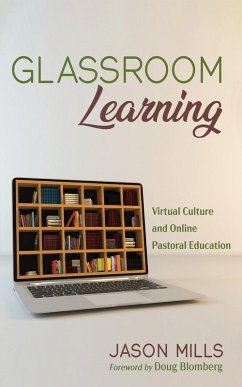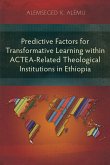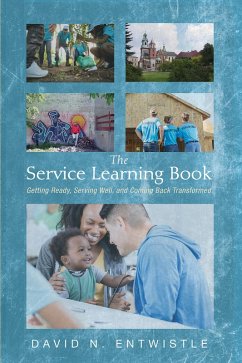Christian higher education institutions across North America are experimenting with radical shifts in educational content and delivery. Cyber education is becoming a common supplement or replacement for embodied learning, especially since the global coronavirus pandemic. Most theological educators have embraced the shift online, finding ways to leverage technology to enhance teaching; very few consider how technology itself impacts theological students, particularly those being educated for pastoral ministry. What effect do shifts toward online courses have on those enrolled in programs of pastoral formation? Are future ordinands being adequately trained? When developed well, Web-based learning can strengthen intellectual virtues. However, it can also inhibit character virtue formation and self-differentiation. Internet usage has been shown to negatively affect social well-being, resulting in higher rates of anxiety, depression, and isolation in students; furthermore, it alters behavior, making learners more distracted, less empathetic, and less able to concentrate and contemplate. Theological schools should, therefore, articulate clearer standards for student formation and strengthen aspects of embodied learning to prepare clergy for ministry in an increasingly complex church and world.
Dieser Download kann aus rechtlichen Gründen nur mit Rechnungsadresse in A, D ausgeliefert werden.









